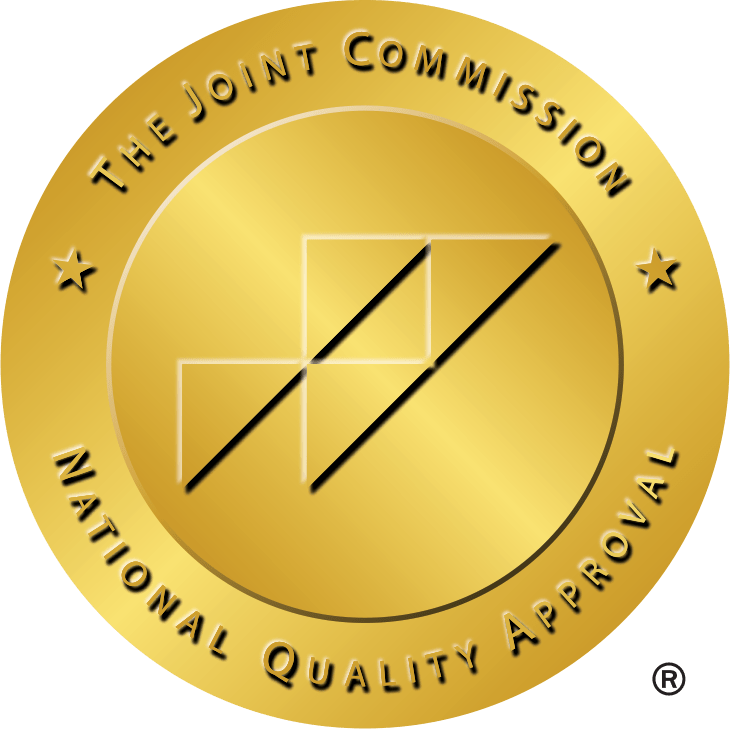Recovery is a long journey, and it’s beneficial to have a hopeful outlook on it. Coping mechanisms and resilience can be learned and built on along the way, but the truth is that it is likely a recovering addict will experience a relapse at some point. Watching a loved one go through a relapse can be hard for family and friends to witness, especially if a lot of work was put in at the beginning of their recovery. Thankfully, there’s no need to give up. This post will go over some things you can do if a loved one is experiencing a relapse.
How To Help During a Relapse
Around 2/3 of people who have sought out substance abuse treatment experience a relapse during their journey. Though this number is high, it can put things into perspective for you and your loved one. A relapse can happen to anyone, and it is rather common. Some constructive ways you can support your loved one are:
Invite open conversation: If you think a loved one is struggling, have a conversation with them and see if there is anything you can do to reduce the risk of them using again. Choose your words carefully and listen intently, and make sure both sides are speaking calmly and respectfully. A relapse is hard on everyone, but your loved one will be critiquing themself the most. Being open and supportive can help your loved one find reinforcement in the work they’ve already done for their addiction.
Look at treatment options: Addiction affects everyone differently, and relapses are not the end of the recovery journey. Take it as a sign that more treatment is needed. Perhaps your loved one needs outpatient or residential care. Maybe they need the same treatment method they’ve been using but just for a longer amount of time. There is no one option that works for everyone, and even if your loved one hasn’t brought up treatment options yet, it’s still a good idea for you to brainstorm these things.

Do sober activities together: Keep your loved one’s triggers in mind and do things that keep them away from drugs and alcohol. Planning days out can be a good distraction and show your loved one that you are actively trying to spend time with them. You could enjoy outside activities to boost you and your loved one’s moods, look for local events going on in your town or city, or see a movie. The possibilities are endless, just look for things that you’d both enjoy!
Encourage support groups: Support groups can show your loved one that they are not alone. They can socialize with other recovering addicts and find them relatable through the experiences they share, and they can help reinforce why sobriety is so important.
Learn from the experience: The road to recovery can be long, so it’s important for you to take note of what led your loved one to relapse in the first place. You can come up with a plan for the future that reminds your loved one about healthy coping mechanisms and the support system they have around them. When your loved one has a strong support system, sober friends, open and clear communication, and can work through any negative feelings they may be having, they are setting themselves up for a better chance of preventing future relapses.




